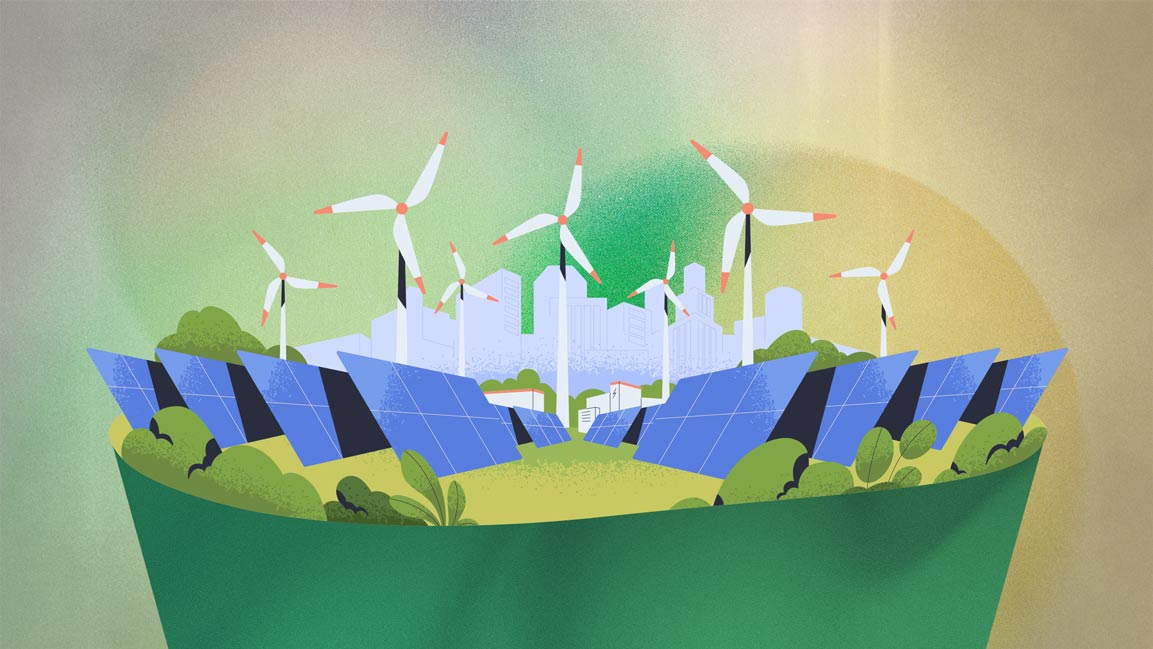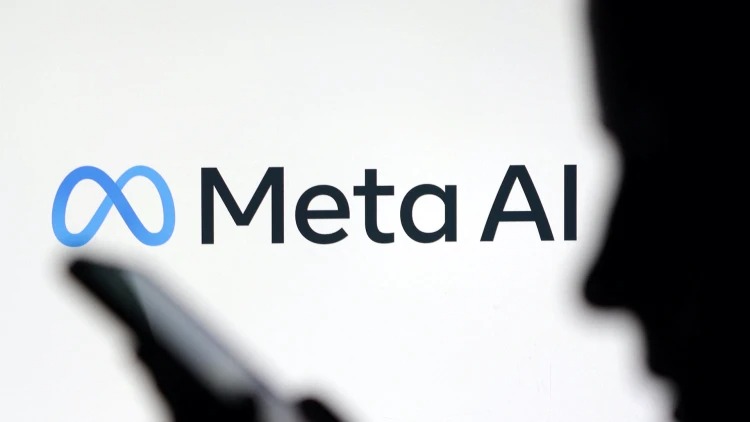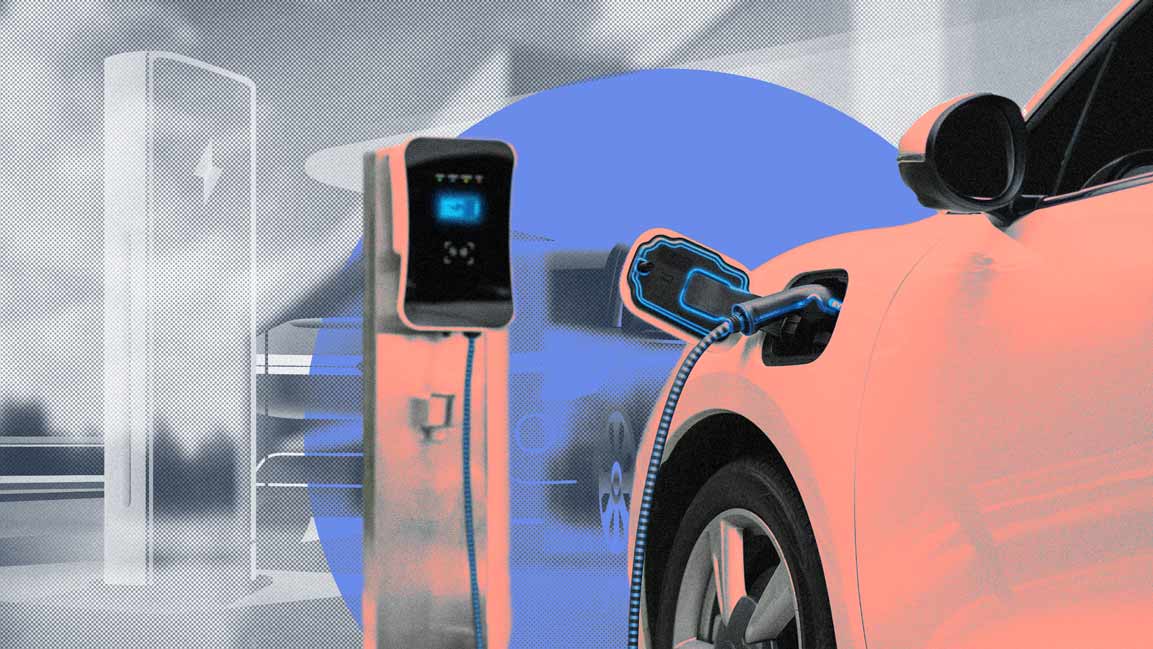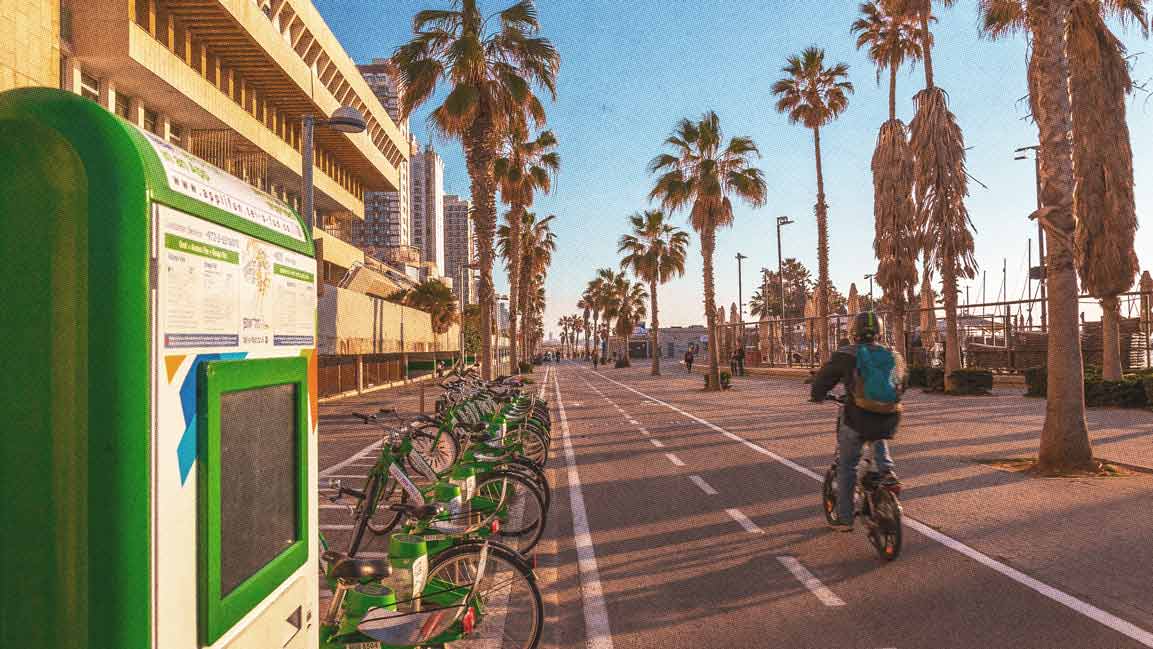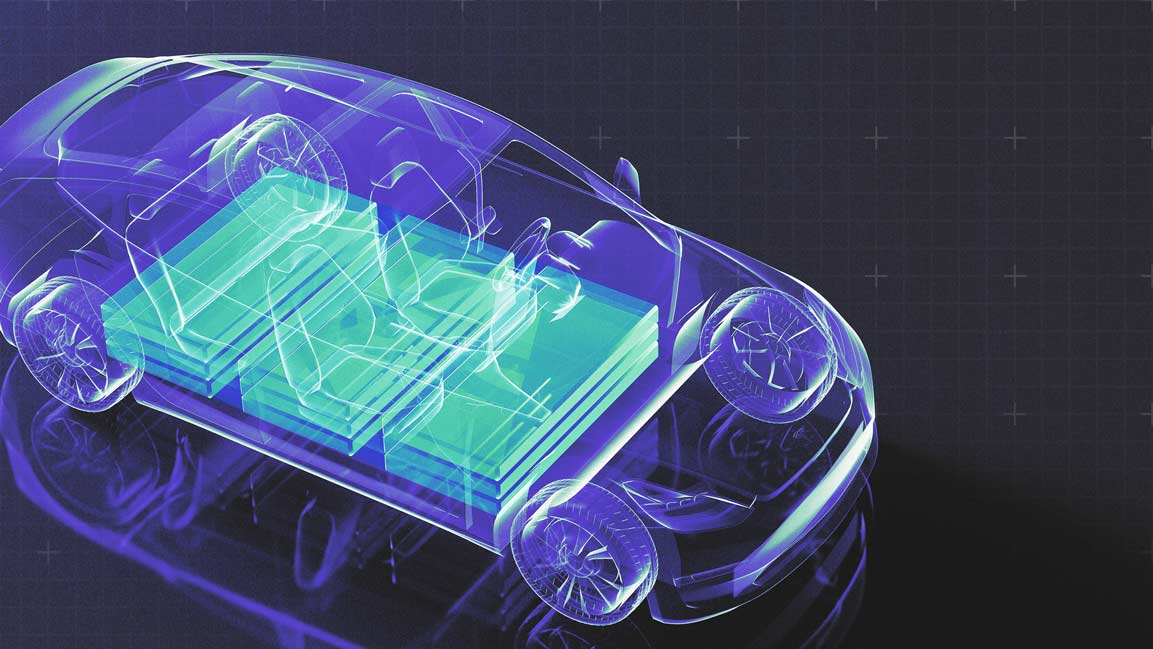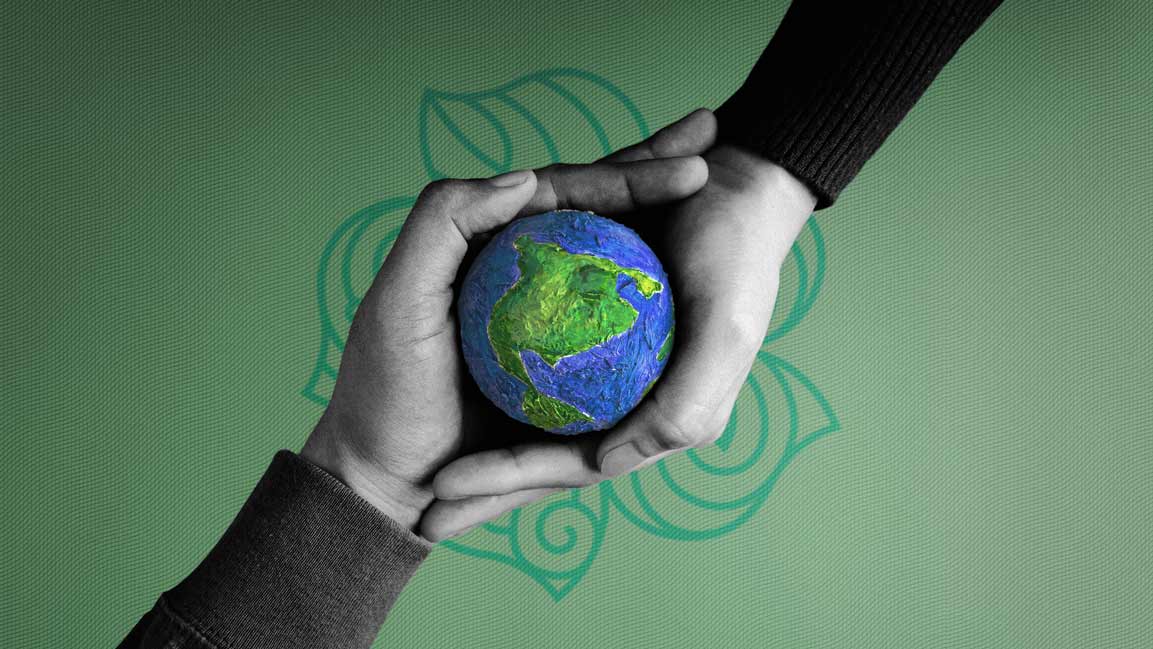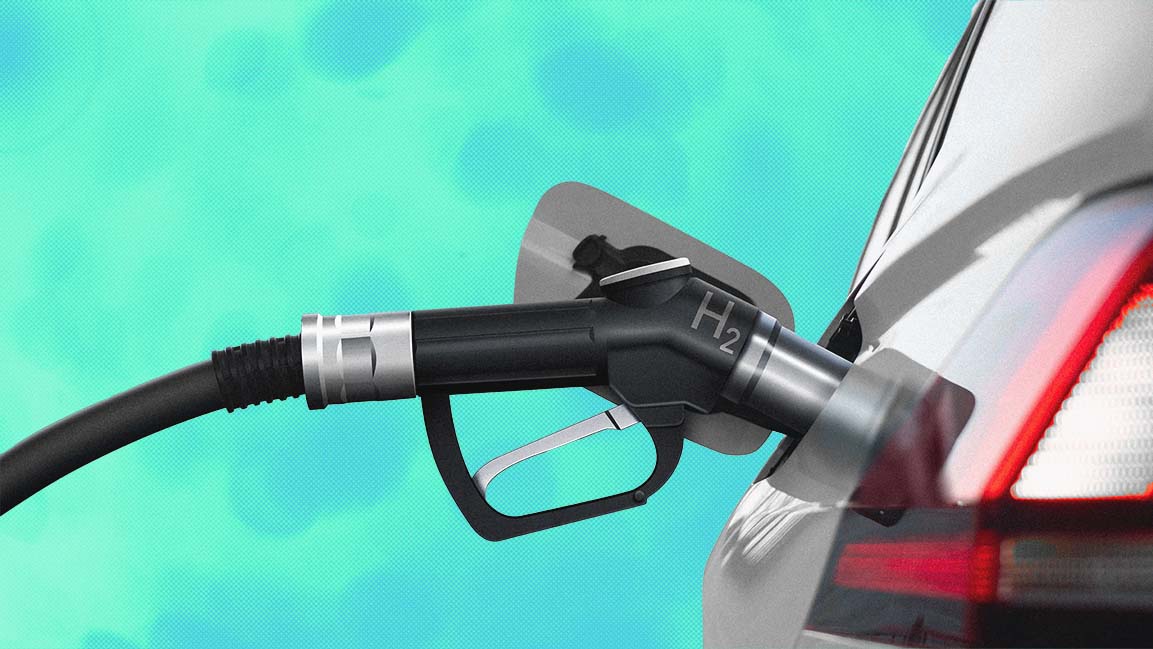- | 11:00 am
International cooperation in high-emissions sectors essential to meet climate goals, says IRENA
Current efforts on clean energy and sustainable solutions are not enough to meet the climate goals, according to a new report
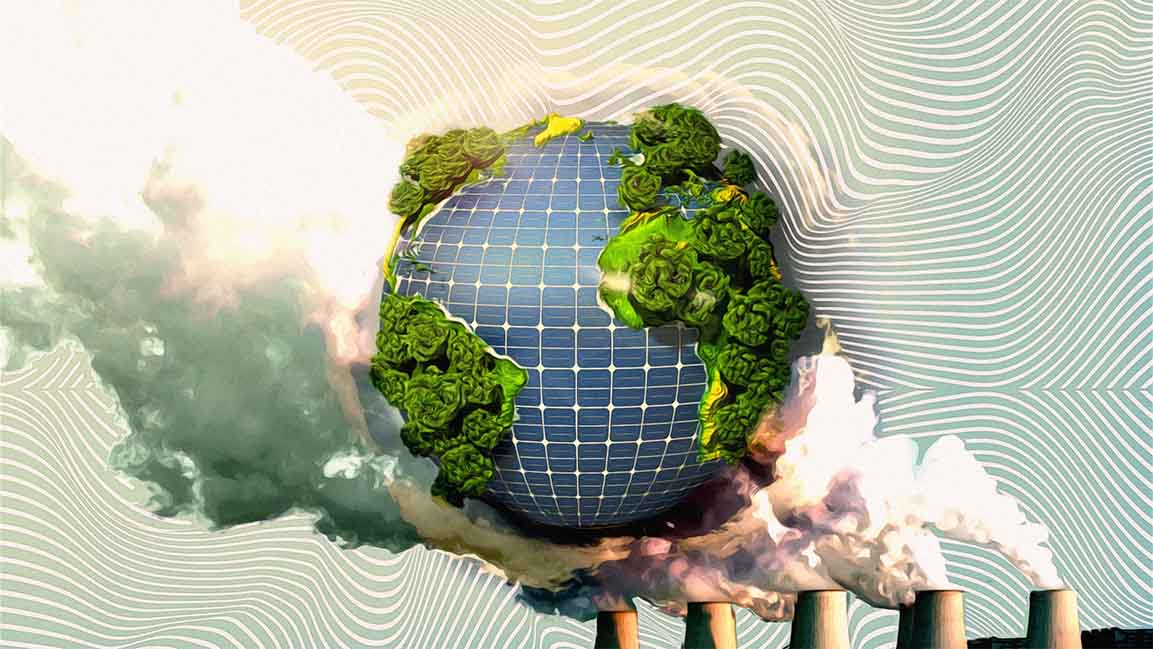
Now accepting applications for Fast Company Middle East’s Most Innovative Companies. Click here to apply.
The Breakthrough Agenda, a global initiative to accelerate the transition to clean energy and sustainable solutions, was launched in 2021 by 48 countries representing nearly 80% of global economic output.
In January 2023, the Breakthrough Agenda partnered with the UAE COP28 Presidency.
A new report by the International Energy Agency (IEA), the International Renewable Energy Agency (IRENA), and UN Climate Change High-Level Champions finds that current efforts on clean energy and sustainable solutions are not enough to meet the climate goals of the Breakthrough Agenda.
The report, titled The Breakthrough Agenda Report 2023, was released on the eve of Climate Week in New York. It assesses progress and outlines steps needed to achieve the Breakthrough Agenda.
It calls on governments to strengthen collaboration in key areas, such as standards, regulation, finance, and market creation, to accelerate the transition to clean energy.
The report finds that international collaboration in high-emissions sectors has made only modest progress. Some good examples exist, such as collaboration on standards for green steel and low-carbon hydrogen, trade of used gas-powered cars, and investment in research and development.
The report highlights electric vehicles and solar PV as sectors leading the way in the transition to clean energy, with electric passenger cars set to account for 18% of total car sales in 2023.
However, there is still much room for improvement, requiring greater commitment and participation from all involved. High-emissions and hard-to-abate sectors like steel, hydrogen, and agriculture are not transitioning quickly enough.
The report recommends countries to focus on Stronger demand signals from governments and businesses for sustainable products. Improved coordination, scale, and financial and technical assistance effectiveness to developing countries. Stronger, more sustained public-private collaboration on research and innovation. Targeted collaboration on trade.
The report also calls for stronger political commitment to move from softer collaboration, like sharing best practices, to harder forms, like aligning standards and policies, which are more difficult but can boost investment and deployment.
“Making clean and sustainable technologies the most affordable, accessible, and attractive option in all regions by 2030 is vital for a regenerative and nature-positive economy,” Razan Al Mubarak, UN Climate Change High-Level Champion for COP28, said.
“It is clear that without international cooperation that includes civil society, businesses, and local actors as well as national governments, the goal of limiting temperature rise to 1.5°C cannot be achieved,” she added.
“However, IRENA has always highlighted an urgent need: renewable power additions must triple by 2030 to maintain a 1.5°C target. We must urgently overcome the systemic barriers across infrastructure, policy, and institutional capabilities,” said Francesco La Camera, Director-General of IRENA.
In 2021, world leaders asked the IEA, IRENA, and the UN Climate Change high-level champions to write a yearly Breakthrough Agenda report to track progress towards its goals and identify areas where urgent international cooperation is needed to speed up progress.
This report would provide an independent assessment and expert recommendations for where stronger international cooperation is needed. This document, the 2023 Breakthrough Agenda Report, is the second of these annual reports.
“The energy transition is moving quicker than many people think, but it needs to move faster,” stated International Energy Agency Executive Director Fatih Birol.
“No country can tackle the climate and energy challenges we face in isolation. Working together is the only way we can deliver a smooth transition for everyone,” he added.









